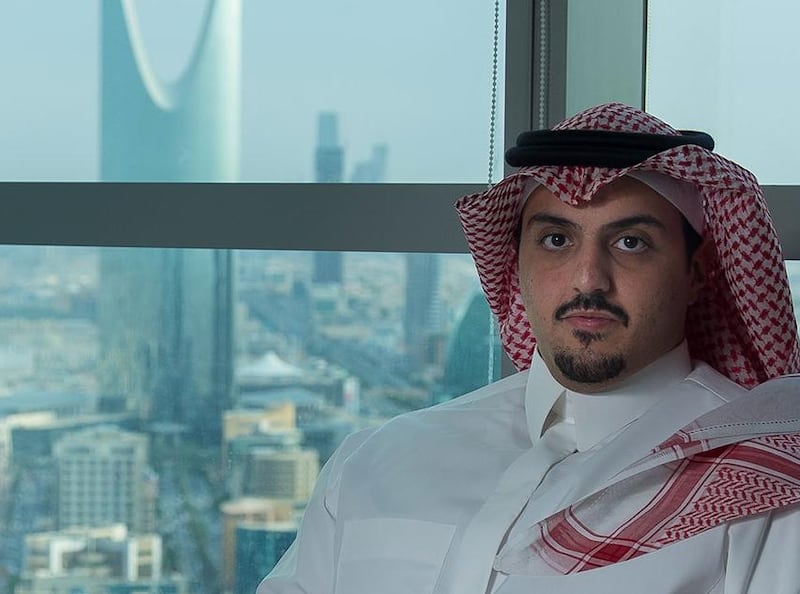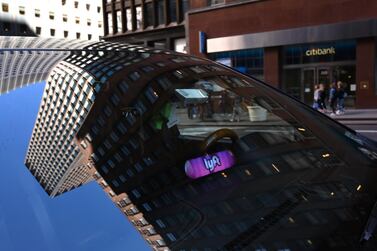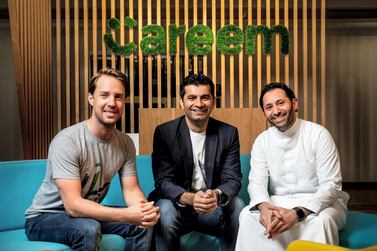Saudi Technology Ventures (STV) will approximately double the money on its October 2018 investment in Careem after Uber agreed to buy the Dubai ride-hailing company for $3.1 billion (Dh11.38bn) last week.
Chief executive Abdulrahman Tarabzouni said the one year-old venture capital fund plans to replicate its early success by “doubling down” on hyper-local start-ups in future investments.
“Our thesis that empowering local champions to think big will yield dividends” was proven right with Careem, said Mr Tarabzouni, who is also managing director of STV, a Riyadh venture capital firm anchored by Saudi Telecom Company (STC).
“The window of opportunity for creating large tech companies in the Middle East is there," he added. "We want to see moon shots.”
STV is one of the biggest and most active venture capital funds in the Middle East and North Africa (Mena), investing close to $100 million of its $500m fund in 2018 in six separate ventures. And Mr Abdulrahman, from the helm of STV and before that, as an investment committee member at Saudi Telecom Company Ventures, has been a long-standing champion of Careem.
He led the campaign for STC to invest $100m in Careem in 2016 – pushing the then three-year-old start-up past the $1bn valuation mark. Two years later, after STC’s independent venture capital fund STV was set up, he co-led a further investment into Careem’s $200m seventh round of fundraising.
“Careem realised ride-hailing is a hyper-local game. You need to invest locally, you need to be very well tuned to local needs, and you need to build features that are customised to how people behave,” he said.
While Mena “punches above its weight” in terms of the number of mobile phone users, the share of dollars spent on digital services and internet users, the region is not being served by “high-quality local companies that meet that demand” across a wide variety of industries, according to STV’s research.
Entrepreneurs that want to build a “hyper-local” business to meet that pent-up demand could find Careem-level success, Mr Tarabzouni said.
Global giants such as Facebook, Spotify and Netflix have the technical know-how and resources to build universal products and invest quickly in new geographies to capture large market share, but there are numerous sectors where unique hurdles make it challenging for global companies to come into Mena and find quick success.
“You don’t want to invest where barriers to entry are so low that global players can come in and crush local competition,” he said.
Now Mr Tarabzouni is looking to other sectors in Mena that are ready to "grow in orders of magnitude" as Careem did for ride-hailing, and Souq did for e-commerce when it was bought by Amazon for $580m in 2017.
For another Middle East company to create a realised value of $3.1bn again, STV is “bullish” on business models for original Arabic content creators, e-commerce affiliated ventures in logistics and payment processing, and cloud-based communications.
Mr Tarabzouni also foresees a "virtuous cycle" occurring in the coming years as Careem alumnae and those inspired by Careem co-founders Mudassir Sheikha and Magnus Olsson, who left jobs at McKinsey to pursue their start-up, decide to take the leap.
"The best thing that can happen out of Careem is another Careem," Mr Tarabzouni said. "Not in four years but in two."









